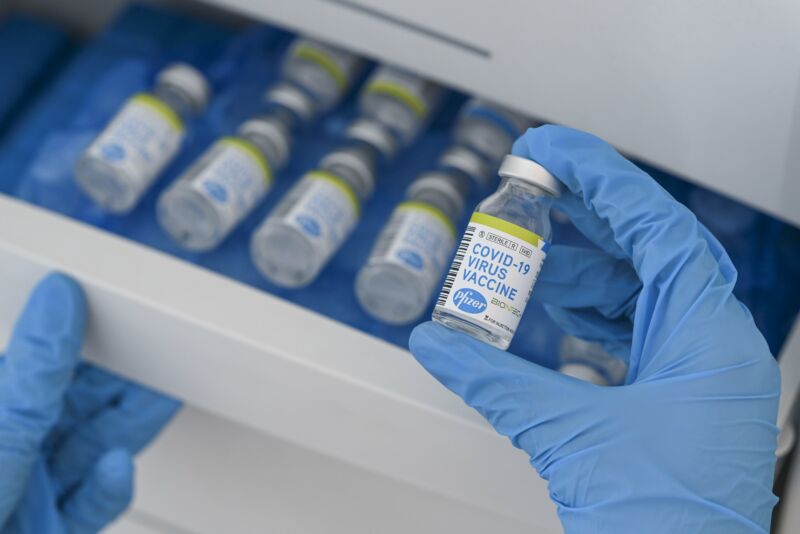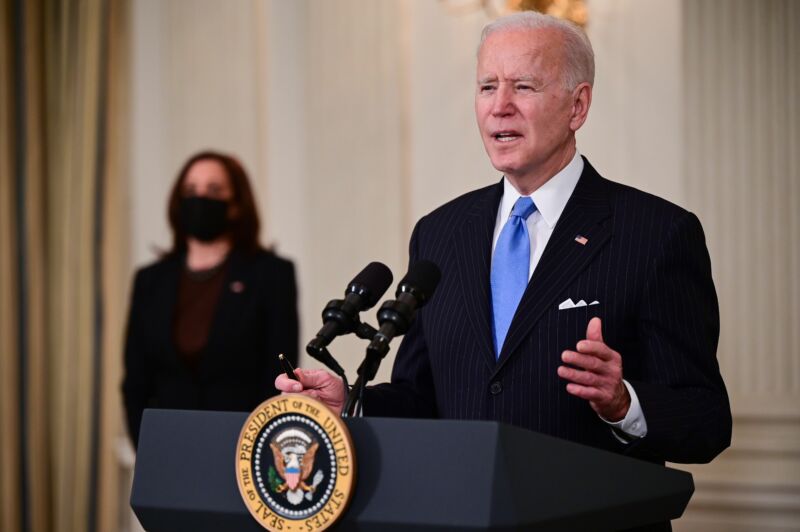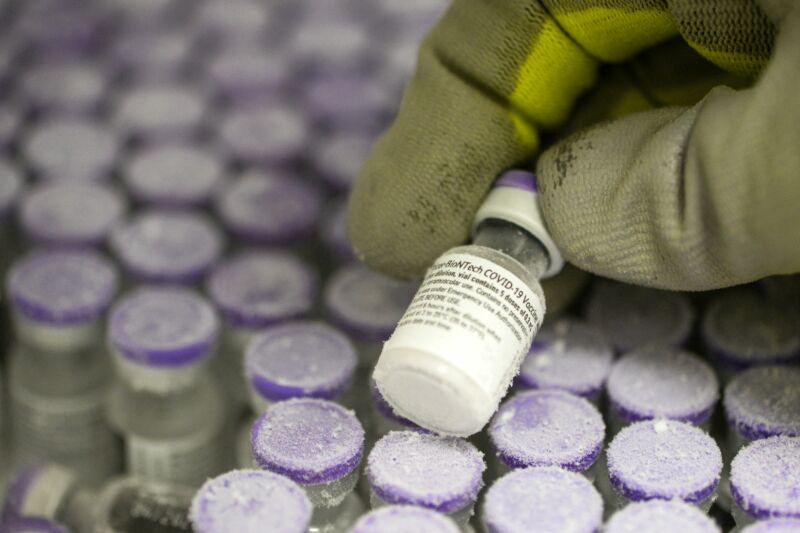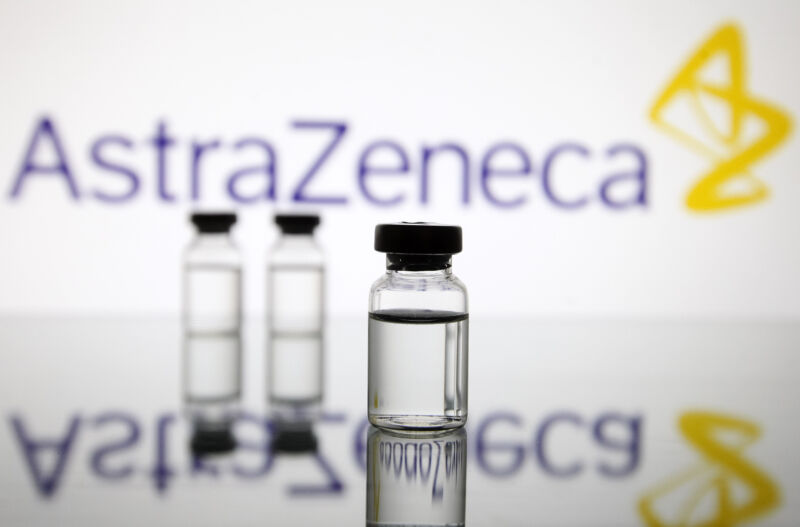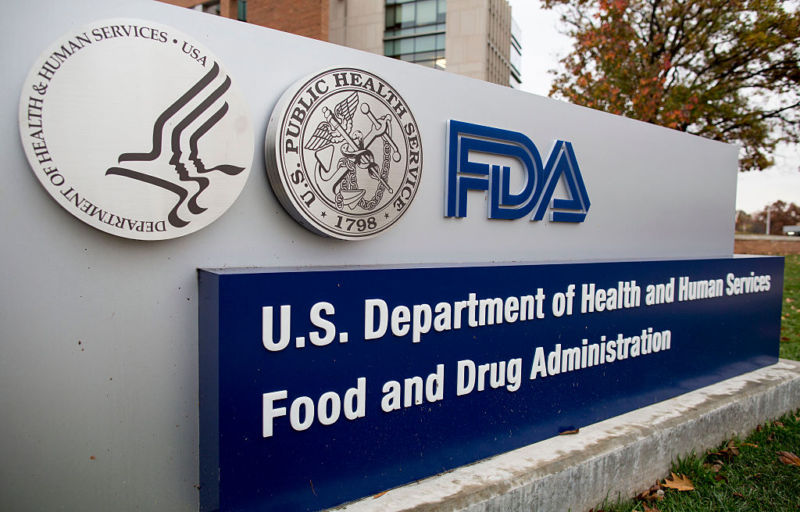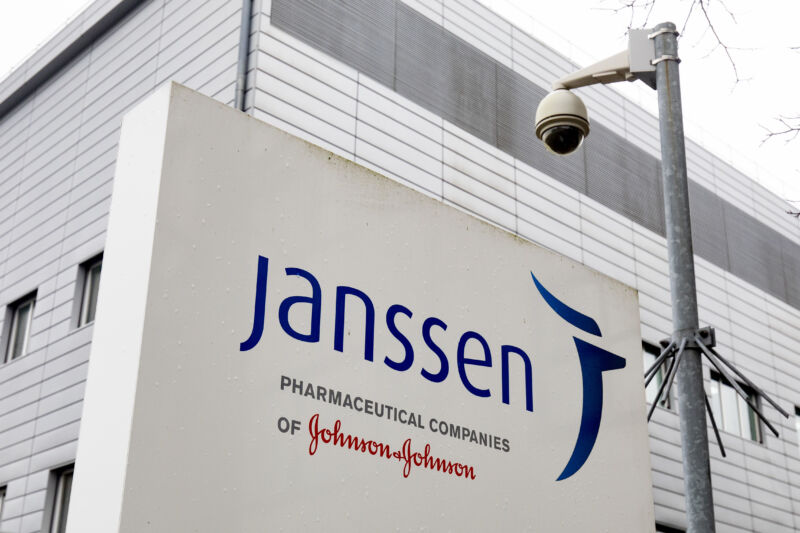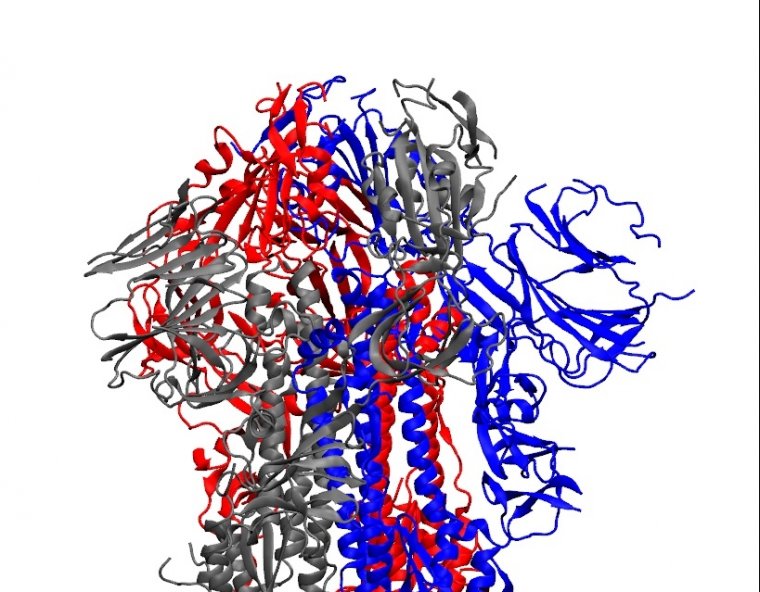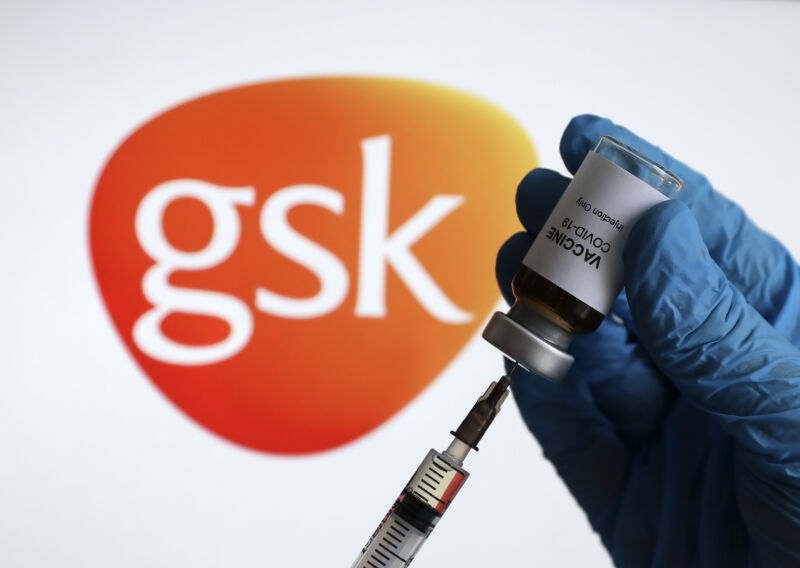-
 chevron_right
chevron_right
FDA authorizes Pfizer’s COVID-19 vaccine for 12- to 15-year-olds
Beth Mole · news.movim.eu / ArsTechnica · Monday, 10 May, 2021 - 23:08
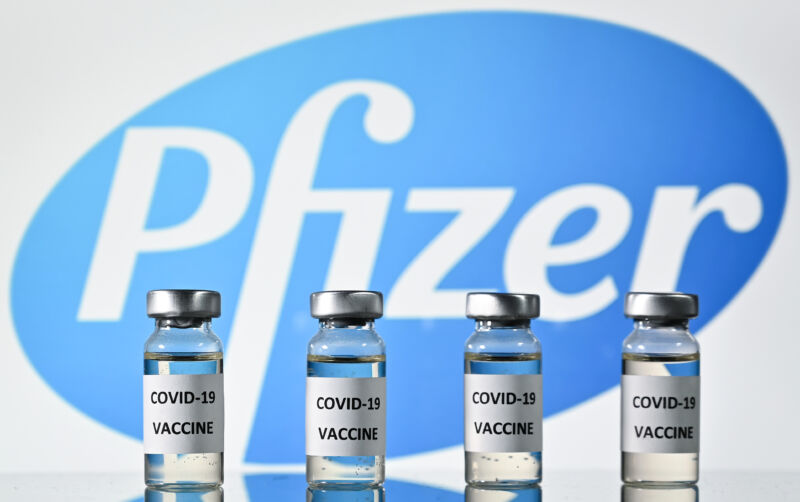
Enlarge / An illustration picture shows vials with COVID-19 Vaccine stickers attached, with the logo of US pharmaceutical company Pfizer, on November 17, 2020. (credit: Getty | JUSTIN TALLIS )
The US Food and Drug Administration has authorized the use of the Pfizer-BioNTech COVID-19 vaccine in adolescents between the ages of 12 to 15, the agency announced Monday evening .
In the announcement, acting FDA Commissioner Janet Woodcock called the authorization “a significant step in the fight against the COVID-19 pandemic” that will bring the country “closer to returning to a sense of normalcy and to ending the pandemic.”
Peter Marks, director of the FDA’s Center for Biologics Evaluation and Research, echoed that sentiment. He called the ability to vaccinate children and teens “a critical step” in the fight against COVID-19.

